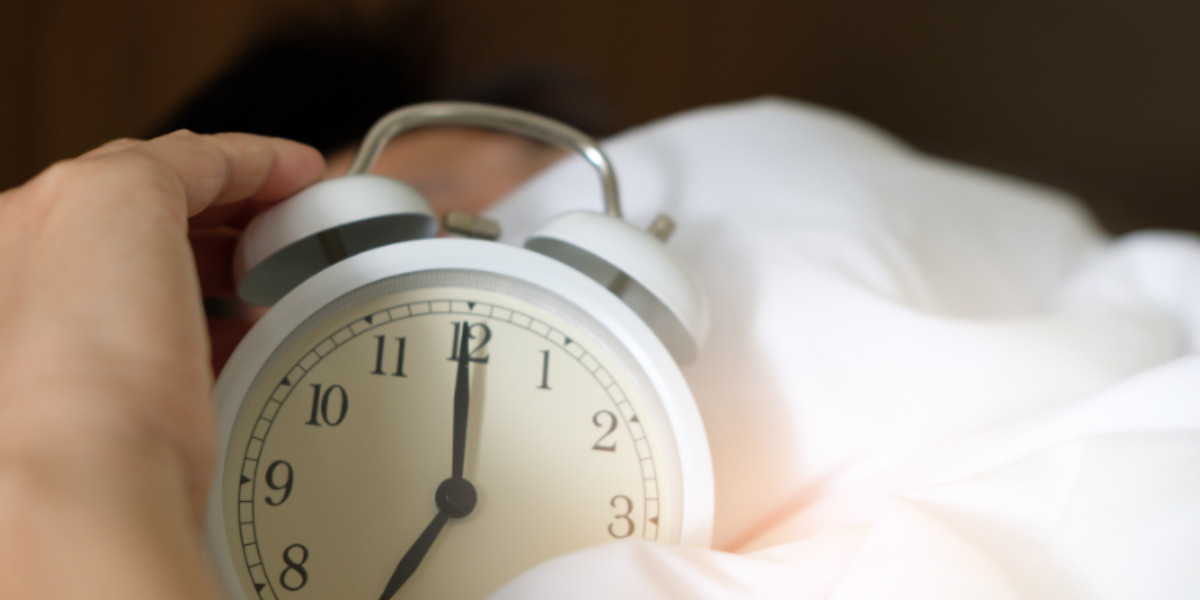
What’s the Problem?
Our routine has been thrown into a storm of change in the last few weeks.
We have all had to evolve and have now settled into our new norm, for better or for worse.
One area that you might imagine would improve is the quality and duration of sleep we get, which from a wellbeing standpoint is great.
I am sure you have heard by now the numerous health effects of getting appropriate sleep but let me quickly remind you: sleep can expand your lifespan. It can improve your body composition while dramatically reducing food cravings. It reduces your risk of heart problems and diabetes. Oh, and it reduces rates of depression and anxiety and generally makes you feel happy.
So far this is great news, right? We can get more of this amazing new thing – sleep!
The issue arises when we start to survey large groups of people who are working from home.
The United Nations International Labour Organization (ILO) compared remote workers sleeping habits to traditional office workers. Interestingly their research showed that 42 per cent of remote workers said they woke “repeatedly” during the night, compared to 29 per cent of traditional office workers.
So, what’s the deal? Remote working surely has its pro’s? We know remote working likely improves work-life balance, reduces commuting times, and boosts productivity, but on the flip side we can often see employees work longer work hours, at a higher intensity. This with added with an unclear work-home separation can promote new challenges to the remote worker.

Why Am I Not Sleeping As Well As I Did?
For many workers, the move to remote working has liberated their home life, often as a result of hours of their day being gifted back to them, previously held hostage by the necessity of commuting.
With that said, if the remote worker is not conscious about creating an environment and routine that has clear and solid boundaries then we may see this influence their ability to get to sleep and stay asleep.
Biologically we are remarkably similar to our ancestors. We have strong innate responses to signals of hunger and changes in temperature and light. We know that exposing ourselves to artificial light (like working late into the evening), signals to our body that it is still bright out and we need to be out being productive, not sleeping. This happens in the form of a hormonal response in the release of stress hormone and suppression of our sleep hormone.
Shutting the laptop off and trying to wind down to fall asleep is often not the solution, the damage has already been done, your hormones have primed your body to be busy not sleepy!
This is paired with the psychological impact of not having a clear boundary between home and work. With office life, we generally have the nice geographical buffer of not living in our workspace, but our new reality is that we live and sleep in our office. We can no longer leave our work at our office – geographically speaking, so we need to leave it there with some new techniques.
Building a New Routine

Give Yourself The Opportunity
Good quality sleep every night should be a non-negotiable in your routine.
Examine your sleep schedule, ensure that you are giving yourself the opportunity to sleep for 8 hours every night.
If you get to sleep at midnight and have your alarm set for 7am then you are already setting yourself up for failure.
Next is to ensure there is a significant gap between the end of your workday and your sleep. Falling asleep is like parallel parking, you can’t just go from driving at 120kmph on the motorway to being paralleled parked in an instant! We need to slow our speed and gently back the car in. The same can be said for sleeping, we need to slowly reduce the speed of our day, this might be by doing a relaxing ritual, before starting the process of falling asleep for the night.
Light
We are sensitive to light, both natural and artificial. Expose yourself to bright light early in the morning (maybe in the form of a light walk), while reducing the amount of artificial light you are exposed to in the evening. This will help align your internal body clock back to its natural rhythm.
Solidify Boundaries
Start and end times should be enforced. If possible, set up the greatest geographical barrier that your home allows. This might be using a specific room that is only used for work, then stick to it. No working in your bedroom or bed if possible.
If your mind is racing with unfinished jobs, then list them off on a sticky note and leave them closed inside your laptop, ready for you to address in the morning.
Remote working can be beneficial for our work life balance and health, but only if implemented effectively.
Consider your routine and what changes you might make to ensure that you are maximising these newfound opportunities.

